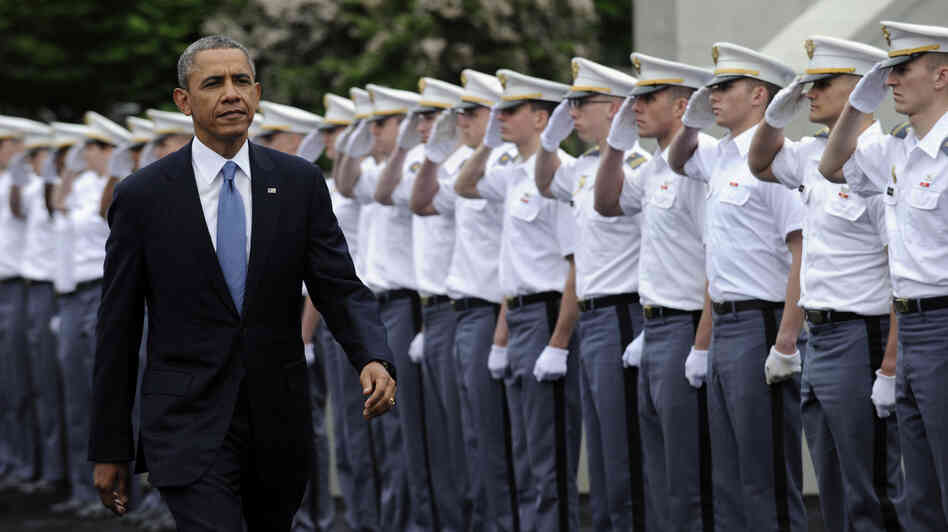
Eager Lion: The Alternative to Military Intervention
Of course, no such intervention occurred. The exercise ended and the forces of the participating countries left Jordanian territory. All that remained were a few hundred American soldiers (as part of the U.S.-Jordanian defense cooperation agreement), the attendants of an F-16 squadron, and chemical warfare experts.
The activities of the fourth Eager Lion are supposed to begin today [May 25]. But the speculations about this exercise in the media are totally different from those in previous years. Nobody is connecting it to circumstances in Syria. Nobody is sketching out scenarios for military operations in Syria or anything of the sort.
Perhaps the immediate reason is the that everyone is convinced, after the maneuvers of the last three years, that these really are just military exercises, nothing more.
But there is another reason of no less importance: There is a general feeling that the option of military intervention in Syria is no longer on the agenda for the Western powers, particularly the United States.
The most we can expect the American administration to do in this regard is to supply the moderate Syrian opposition with qualitative weapons: anti-tank and anti-aircraft missiles. This is the most that Syrian opposition leader Ahmad Jarba hoped to receive during his latest visit to Washington.
But Jarba received only promises. Some within diplomatic circles doubt that the opposition will receive qualitative weapons. If they do, it will be in limited quantities that will not change the balance of power on the ground. France, for its part, seems more enthusiastic about arming the Syrian opposition than the American administration, but its capabilities remain limited in comparison to those of the United States.
Whoever examines this year’s Eager Lion program will notice that it focuses on strengthening the participating forces’ ability to confront the repercussions of the war in Syria. For example, it focuses on confronting terrorist groups, managing humanitarian crises, coordinating relief operations, and other tasks, without giving any attention whatsoever to offensive operations or the subject of chemical weapons. The latter dominated last year’s exercise, which occurred before the Syrian regime had agreed to the international resolution that necessitated the destruction of its chemical weapon stockpile, which then occurred.
The prospects of a foreign military intervention in the region have fallen to near zero. Iraq may be the last example of this catastrophic option. But the countries of the region, along with the United States and other Western countries with interests here, will from now on train their armies in adaptation, working in an unstable and turbulent local environment, managing the risks borne by internal conflicts, and containing such conflicts within national borders. They will devote their attention to confronting the danger posed by extremist groups in Syria and Iraq, which has become their top priority.
Eager Lion is living evidence that the United States is content with conducting military maneuvers in the region and certainly does not want to use live ammunition as it did in Iraq.

